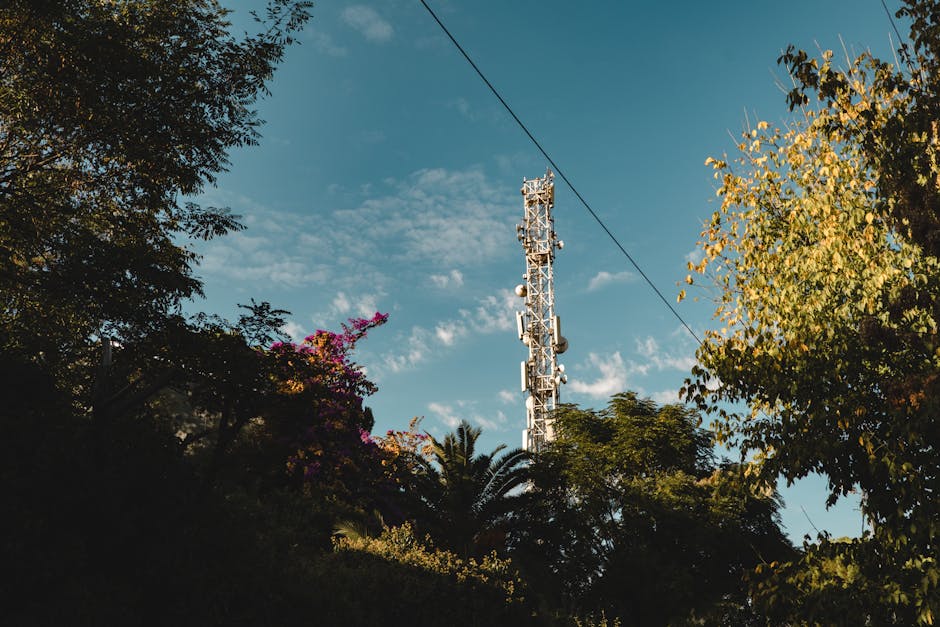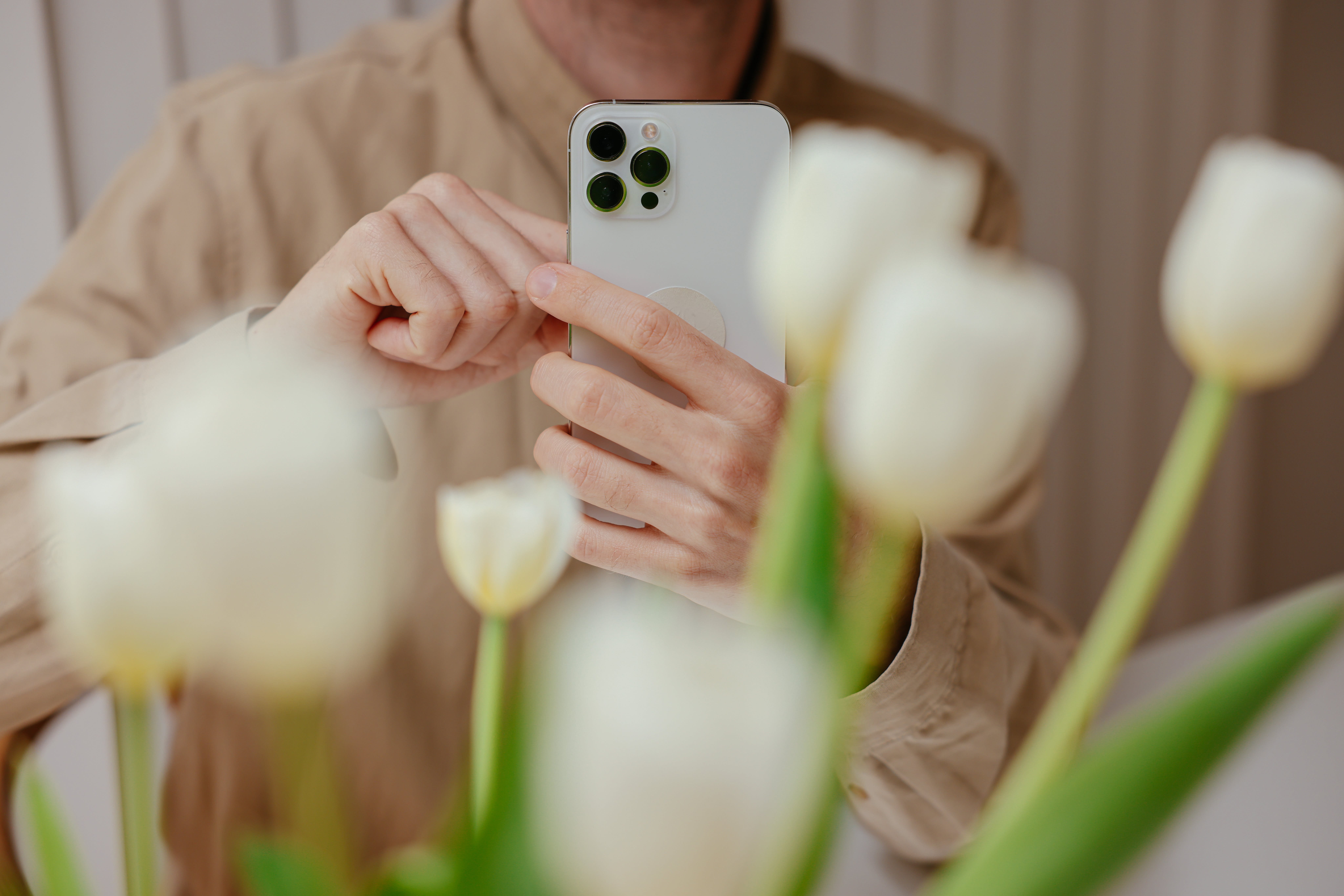The Pros and Cons of Using Mobile Phones
Exploring the Benefits and Drawbacks of Mobile Phone Usage
Mobile phones have become an indispensable part of modern life, revolutionizing the way we communicate, access information, and navigate the world. Despite the numerous benefits they offer, they also come with their own set of drawbacks. In this article, we will explore the advantages and disadvantages of using mobile phones, shedding light on the impact they have on various aspects of our lives.
From enhanced connectivity and accessibility to potential health risks and social implications, the use of mobile phones has both positive and negative implications. By understanding these factors, individuals can make informed choices about their mobile phone usage. So, let's delve into the pros and cons of using mobile phones in our daily lives.
Pros
Discover the numerous advantages and benefits that come with using mobile phones. From improved communication to enhanced productivity, mobile phones have truly transformed the way we interact with the world around us.
Access to Information
The internet at our fingertips - mobile phones provide instant access to a wealth of information. Whether it's news, educational resources, or research materials, the ability to access information on the go has revolutionized the way we learn and stay informed.
Enhanced Connectivity
Mobile phones have turned the world into a global village, allowing us to stay connected with friends, family, and colleagues regardless of our physical location. With the advent of social media, messaging apps, and video calls, mobile phones have made communication more convenient and instantaneous.
Convenience and Productivity
From managing schedules and accessing work emails to conducting business on the go, mobile phones have significantly enhanced productivity and efficiency. With a wide range of apps and tools, individuals can accomplish tasks and stay organized with unparalleled convenience.
Revolutionized Education Access
Mobile phones have dramatically transformed the landscape of education by providing students with access to a wealth of learning resources and tools right from their pockets. With educational apps, e-books, and online courses, learners can engage with materials anytime and anywhere, making education more accessible than ever. Additionally, mobile phones facilitate virtual classrooms and remote learning, allowing students to participate in lessons and discussions without the constraints of traditional settings. This unprecedented access encourages self-directed learning and fosters greater engagement, helping students to enhance their knowledge and skills in a flexible manner.
Entertainment and Relaxation
Mobile phones offer a myriad of entertainment options, from streaming music and videos to playing games and accessing digital books. They provide a convenient source of relaxation and leisure, offering endless entertainment opportunities at our fingertips.
Improved Financial Management
Mobile phones offer various financial management tools and apps that enable users to track expenses, manage budgets, and make payments conveniently. With mobile banking and payment apps, individuals can perform transactions, pay bills, and manage their finances efficiently, empowering them with greater control over their money.
Emergencies and Safety
Mobile phones play a crucial role in emergency situations, allowing individuals to quickly seek help or assistance. Whether it's contacting emergency services, staying connected during natural disasters, or ensuring personal safety, mobile phones can be invaluable in critical moments.
Health and Wellness Tracking
Advancements in mobile technology have led to the development of fitness and wellness apps that allow users to monitor their physical activity, track workouts, and manage their overall health. With features such as step counting, heart rate monitoring, and calorie tracking, mobile phones contribute to improved health awareness and encourage individuals to adopt healthier lifestyles.
GPS Navigation and Location Services
Mobile phones serve as powerful GPS navigation tools, providing users with accurate location information and turn-by-turn directions. Whether it's navigating unfamiliar roads, finding nearby points of interest, or planning efficient travel routes, mobile phones equipped with GPS capabilities enhance navigation convenience. Additionally, location services on mobile phones enable users to share their whereabouts with friends and family, enhancing safety and coordination during group activities or travel expeditions.
Missing a pro?
Let us know which pro you are missing!
Cons
While mobile phones offer numerous benefits, they also pose certain disadvantages and risks, particularly when used excessively. It's important to recognize and address these drawbacks to ensure a balanced approach to mobile phone usage.
Social Impact
Mobile phones have reshaped social interactions and behaviors, impacting face-to-face communication, social etiquette, and the ability to disconnect from virtual connectivity. Excessive phone use can lead to social isolation, reduced interpersonal skills, and a diminished sense of presence in real-life experiences.
Privacy Intrusions and Data Misuse
The widespread use of mobile phones raises concerns regarding privacy intrusions and potential data misuse. As users interact with various apps and services, their personal information and browsing habits may be collected and utilized for targeted advertising, data tracking, or even unauthorized access, highlighting the risks of privacy breaches and data exploitation.
Privacy and Security Risks
With increased connectivity comes heightened risks to privacy and data security. Mobile phones are susceptible to hacking, data breaches, and unauthorized access, posing threats to personal information, financial details, and sensitive data.
Dependency and Addiction
Excessive use of mobile phones can lead to dependency and addiction, resulting in negative impacts on mental health and overall well-being. Constant reliance on smartphones for validation, entertainment, or social interaction can contribute to feelings of anxiety, isolation, and decreased real-world engagement, leading to potential addiction-like behavior.
Comparative Pressure
The pervasive use of mobile phones allows individuals to easily compare their lives with others through social media platforms and online interactions. This constant exposure to curated highlights of friends' and influencers' lives can create unrealistic standards, leading to feelings of inadequacy, jealousy, and discontentment with one's own life. The tendency to engage in comparison can foster negative self-image and lower self-esteem as people may feel pressured to measure up to the seemingly perfect lives presented online. This cycle of comparison can detract from personal achievements and individual happiness, emphasizing a distorted sense of worth based on external validation.
High Costs
The expense associated with mobile phones extends beyond the initial purchase price. Consumers often face additional costs such as monthly service plans, data packages, and insurance, which can add up significantly over time. Furthermore, many high-end smartphones come with hefty price tags that may not align with everyone's budget. As technology rapidly evolves, users are also pressured to upgrade to newer models frequently, contributing to a cycle of high expenditure. This financial burden can be particularly daunting for younger individuals or those on a tight budget, as it may lead to prioritizing mobile expenses over other essential needs.
High Costs of Ownership
Mobile phones, especially the latest models, can be prohibitively expensive, posing a significant financial burden on consumers. The initial purchase price of a smartphone can range from a few hundred to over a thousand dollars. Additionally, there are ongoing costs such as monthly service plans, which can add up over time. For many users, the financial strain becomes more pronounced when considering the expenses associated with accessories, app purchases, and potential repairs. This high cost of ownership can limit access to technology for lower-income individuals and families, creating a digital divide in society and making it challenging for some to keep up with the latest advancements in mobile communication.
Health Concerns
Extended use of mobile phones has raised concerns about potential health risks, including radiation exposure, eye strain, and musculoskeletal issues. Moreover, excessive screen time and smartphone addiction can have adverse effects on mental well-being and overall health.
Distraction and Overload
The ubiquitous nature of mobile phones can lead to constant distraction and information overload. Notifications, alerts, and constant connectivity can hinder focus, productivity, and mindfulness, leading to a state of perpetual distraction and cognitive overload.
Environmental Impact
The production and disposal of mobile phones contribute to environmental pollution and resource depletion. From e-waste to energy consumption, the lifecycle of mobile phones has ecological implications that need to be addressed for sustainable technology use.
Link to Depression
The frequent use of mobile phones has been associated with an increased risk of depression, particularly among adolescents and young adults. The constant exposure to curated online lives and social media comparisons can lead to feelings of inadequacy, low self-esteem, and anxiety. Moreover, the addictive nature of smartphones can result in a decline in face-to-face interactions, fostering a sense of loneliness and isolation. As users spend more time engaging with their devices rather than forming real-world connections, the emotional disconnect can exacerbate depressive symptoms, making it crucial to address the balance between virtual engagement and genuine relationships.
Missing a con?
Let us know which con you are missing!
Conclusion
In conclusion, the use of mobile phones presents a complex interplay of advantages and disadvantages, shaping the way we communicate, work, and socialize. By being mindful of the potential drawbacks and benefits, individuals can navigate the digital landscape with informed decision-making and responsible usage. Whether it's harnessing the connectivity and convenience of mobile phones or mitigating the associated risks, striking a balance is key to maximizing the positive impact of this ubiquitous technology.
What do you think?
Do you think the pros outweigh the cons?








